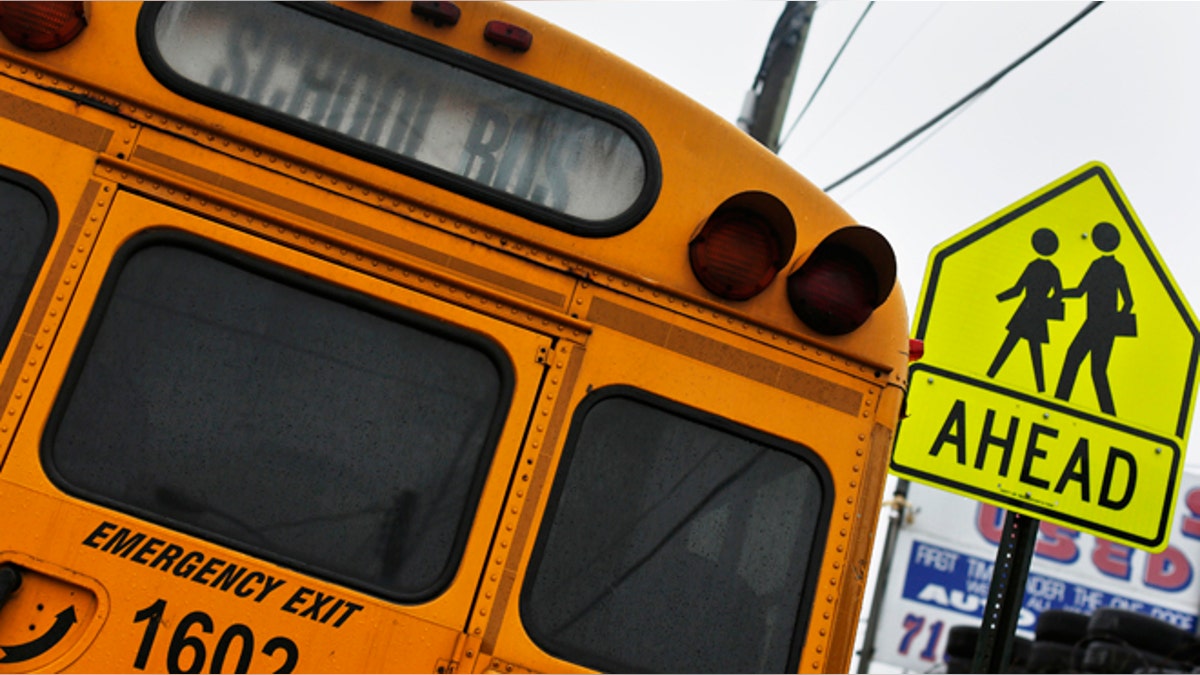
(Reuters)
People say public schools are “one of the best parts of America.” I believed that. Then I started reporting on them.
Now I know that public school -- government school is a better name -- is one of the worst parts of America. It’s a stultified government monopoly. It never improves.
Most services improve. They get faster, better, cheaper. But not government monopolies. Government schools are rigid, boring, expensive and more segregated than private schools.
I call them “government” instead of “public” schools because not much is “public” about them. Members of the public don’t get to pick their kids’ schools, teachers, curriculum or cost.
[pullquote]
By contrast, supermarkets are “private” yet open to everyone. You can stroll in 24 hours a day. Just try that with your kid’s public school. You might be arrested.
Now a school choice movement has given government schools a sliver of competition. Private schools, charter schools, vouchers, education tax credits and the Web offer competition. Not all the alternatives work, but with competition, bad alternatives die and good ones grow.
This will help all kids.
But so far, the alternatives reach only a small number of kids. Unions and bureaucrats don’t want competition, and they use their political clout to stifle it. But gradually, they’re losing.
After fighting homeschooling for years, they’ve stopped trying to ban it, and today homeschoolers fare better on tests and college admission. So, some in the government monopoly claim that if your kids are homeschooled, they will not be properly socialized (in the sense of interacting with peers, that is, not in the sense of belonging to government).
[pullquote]
But homeschooled kids participate in all sorts of social events with other homeschooling families -- plus theater, ballet, karate and other classes that most kids get and that some only wish they did.
Homeschoolers do just fine. Somehow, without government control, they prosper.
Defenders of government schools often claim their schools are what create the American “melting pot.” Different races, ethnic groups and income levels mix together in government-funded schools.
Bunk. If it was ever true, it isn’t now.
University of Arkansas education professor Jay Greene examined school classrooms and found that public schools were more likely to be almost entirely white or entirely minority.
He also looked at who sat with whom in school lunchrooms. At private schools, students of different races were more likely to sit together.
We don’t do poor kids any favors by keeping them trapped in the poorly run government system. If you really care about “the public,” you should let people go where they get the best service.
When government gets bad results -- high dropout rates, poor test scores -- its defenders say schools need more money. But spending per student has tripled. There are more computers, teachers, social workers, reading specialists, principals, assistant principals, etc. But test scores haven’t improved.
Unpredictable things happen when you leave people free to experiment, and competition produces better results than one tired monopoly.
A bizarre column in Slate recently, arguing that school choice might drain resources away from government schools, was titled, “If You Send Your Kid to Private School, You Are a Bad Person.”
The columnist wrote, “If every single parent sent every single child to public school, public schools would improve ... It could take generations. Your children and grandchildren might get mediocre educations in the meantime, but it will be worth it, for the eventual common good.”
This is how leftists think. Everyone must jump into the government pot. Even if it is mediocre (or worse), we’re all in this together. Otherwise, the rich will get all the goods, and the poor will suffer.
Don’t they notice that cellphones, cars and air conditioning keep improving yet poor people are able to buy them? No.
They don’t understand that market competition helps everyone, especially the poor.
I think those who want to force a single-government solution on everyone are just confused -- but if I were as judgmental as that Slate columnist, I’d be tempted to conclude that they’re bad people.








































